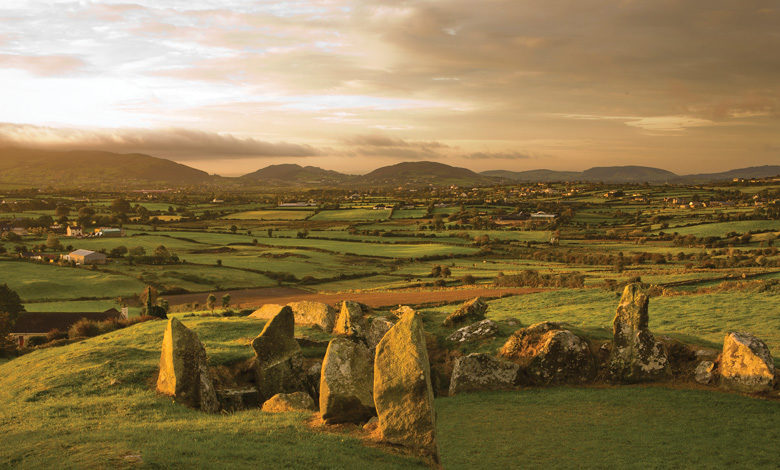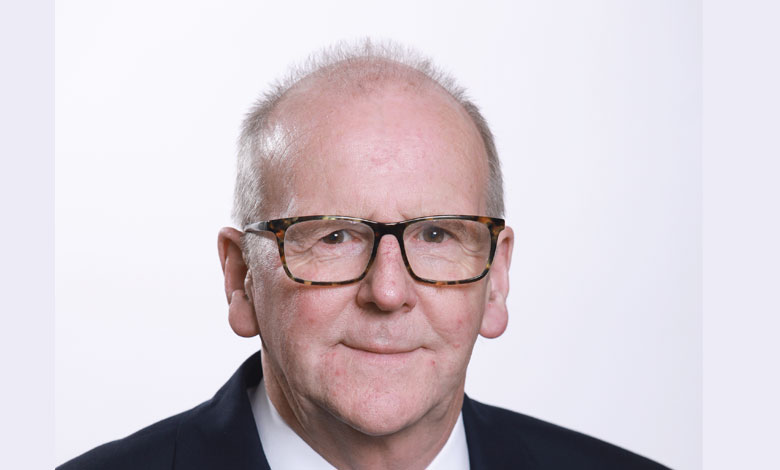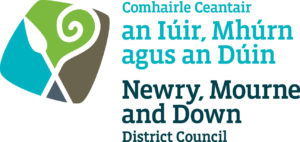Newry, Mourne and Down: Protection and prevention

A sustainable Newry, Mourne and Down is protecting its natural assets and rethinking waste to meet 2030 recycling targets.
With a strategic location on the Dublin-Belfast Economic Corridor, Newry, Mourne and Down District Council is busy preparing for once-in-a generation investment activity. The Belfast Region City Deal, together with complementary fund investment, will see almost £200 million injected into the area, which is positioning itself as one of the best places to live, work and visit. Part of Newry, Mourne and Down’s appeal is, of course, its geographical location, its 1,634 square kilometres bordered by a 150 kilometre coastline, and all overlooked by three Areas of Outstanding Natural Beauty: the Mournes, Ring of Gullion, and Strangford and Lecale.
Protecting the district’s stunning natural and built resources is its privilege as well as a challenge. One of the Council’s main corporate objectives is to “enhance, protect and promote our environment” and ultimately ensure residents benefit from a “clean, quality and sustainable environment”.
Whether working on innovative sustainability projects, or encouraging residents to meet ambitious recycling targets, the overarching onus is climate action and environmental protection.
Having declared a ‘climate emergency’ back in October 2019, Newry, Mourne and Down District Council has been working to help both the Council and the community reduce their carbon footprint through a number of practical measures. Its 10-year Active Travel Masterplan, for example, has been accompanied by on-the-ground initiatives promoting cycling in schools, cycle programmes for employees and even bike maintenance workshops in the community.
Alongside active travel, the Council recognises the important role that electric vehicles will play and is a member of a Northern Ireland consortium which recently secured funding to install electric vehicle charge points. It is also a partner in a cross-border project funded by the Shared Island Fund, examining options to develop low and zero carbon solutions for larger council vehicles.
An innovative approach to tackling climate change is to use natural capital, resources such as trees, peatland and wetlands to make our local areas more resilient to the impacts of climate change. As part of this work, Newry, Mourne and Down District Council is carrying out rewilding at certain sites across the district, allowing nature to take its course, reducing grass cutting frequency and planting wildflowers and community orchards. Sustainable Food Places is another of its programmes at the heart of the community, with an active Community Growing network sharing best practice and tips on growing your own fruit and vegetables.
And when it comes to their three designated Areas of Outstanding Natural Beauty, the Council has innovative local partnerships that manage these important resources. It was, for example, the Lead Partner for the CANN (Collaborative Action for the Natura Network) Project, a €9 million EU INTERREG VA funded project covering Scotland, Northern Ireland and the Republic of Ireland supporting the protection and restoration of protected habitats including peatlands and wetlands.
With an increasing sustainability focus to its work, Newry, Mourne and Down District Council recently replaced its Neighbourhood Services directorate with a Sustainability and Environment directorate to incorporate wider environmental issues, as well as the important day-to-day functions of waste management, cleansing and maintenance. Its new director, Andrew Cassells, believes the public is becoming increasingly better informed on these subjects but stresses there is much to do to meet ambitious recycling targets by the end of the decade.

Between 2015 and 2021, Newry, Mourne and Down District Council saw an 85 per cent reduction in the amount of waste sent to landfill (to 2,494 tonnes), the second lowest level of waste sent to landfill across all Northern Ireland councils. Customer satisfaction surveys for the local authority also indicate that recycling is important to 86 per cent of residents and that 93 per cent are satisfied with the Council’s recycling service. It is a positive picture, but in those circumstances the Council wants to explore why recycling rates are not higher still.
“We have to rethink waste to meet 70 per cent recycling targets by 2030,” says Cassells. “Working with organisations such as WRAP and supporting campaigns such as Recycle Week educate the public on how to reduce waste and what to put in each bin.
“But looking at it simply, to achieve an increased recycling rate the starting point is to reduce the waste created in the first instance and re-use materials, such as containers, jars and bags, when possible.
“Ultimately, it is the householder that recycles not the Council. Our residents’ survey indicates that residents have ‘the will’ to recycle and ‘the way’ needs to be supported to facilitate their recycling ambitions. This could be realised through provision of increased capacity to recycle by increasing blue/green bin capacity for recyclable materials and reducing the frequency of non-recyclable waste collections.
“The cost to the environment and economic costs of waste disposal and recycling are intrinsically linked. The financial cost to dispose waste to landfill is significantly higher than the cost to recycle and the environmental price is incalculable.”
Turning to littering, fly tipping and dog fouling levels, he adds: “Discarded cigarette ends and glass bottles, in addition to being unsightly, can create serious issues for local communities in our Areas of Outstanding Natural Beauty. Newry, Mourne and Down District Council is in the process of finalising a review of district cleansing provisions which will increase resources to help ensure residents are living in a clean, safe and attractive environment.
“Thank you to all those who do respect our district. Continued collaborative working between the Council, residents and local community groups will help to re-educate and re-enforce our key messages. Rethinking what we do with our waste is also key to achieving the ambitious 70 per cent recycling target by 2030.
“Newry, Mourne and Down District Council is placing a high importance on the education of children and young people on the principles of recycling to pass the message to the next generation and change behaviours at home.”
T: 0330 137 4000
W: newrymournedown.org






